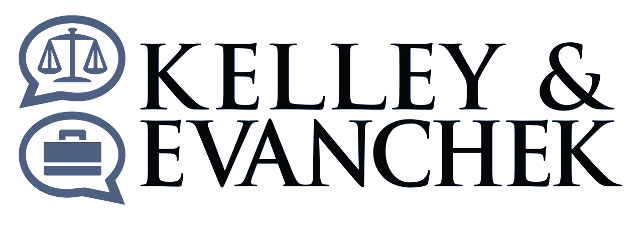What is Dischargeable in Bankruptcy
What is Dischargeable Debt in Bankruptcy?
Filing for bankruptcy can provide a great deal of relief and a fresh start for many individuals that are deep in debt. Most debts can be eliminated in bankruptcy, however; there are certain non-dischargeable debts that will survive a bankruptcy discharge.
When you file for bankruptcy, it is important to understand the difference between dischargeable debt and non-dischargeable debt, and which obligations you will still be required to pay after bankruptcy.
Dischargeable Debt
Dischargeable debt that can be wiped away in a bankruptcy generally includes all unsecured debt, such as:
- Credit Cards
- Medical Bills
- Personal Loans
- Judgments
- Overage on Repossessed or Leased Vehicles
- Deficiency on Mortgages or Car Loans
- Lines of Credit
Creditors cannot force you to keep any debt or property in a bankruptcy. By filing for bankruptcy, you can surrender most items and be discharged of debt with no penalty.
Non-Dischargeable Debt
Certain types of debt are considered non-dischargeable in bankruptcy. These have been decided by Congress as too important to be eliminated, and you will be responsible for paying them back after bankruptcy.
This usually includes priority unsecured debts, such as:
- Student Loans
- Child Support Arrears
- Most Back Taxes
There are some exceptions to what can and cannot be discharged in bankruptcy. For example, certain back taxes and some property settlements can be discharged.
Bankruptcy Legal Help
For legal help and assistance in your bankruptcy case, contact our legal team online or call us today at (734) 397-4540.
Our experienced and professional bankruptcy lawyers can help guide you through the process and understand all the implications of your bankruptcy case.
